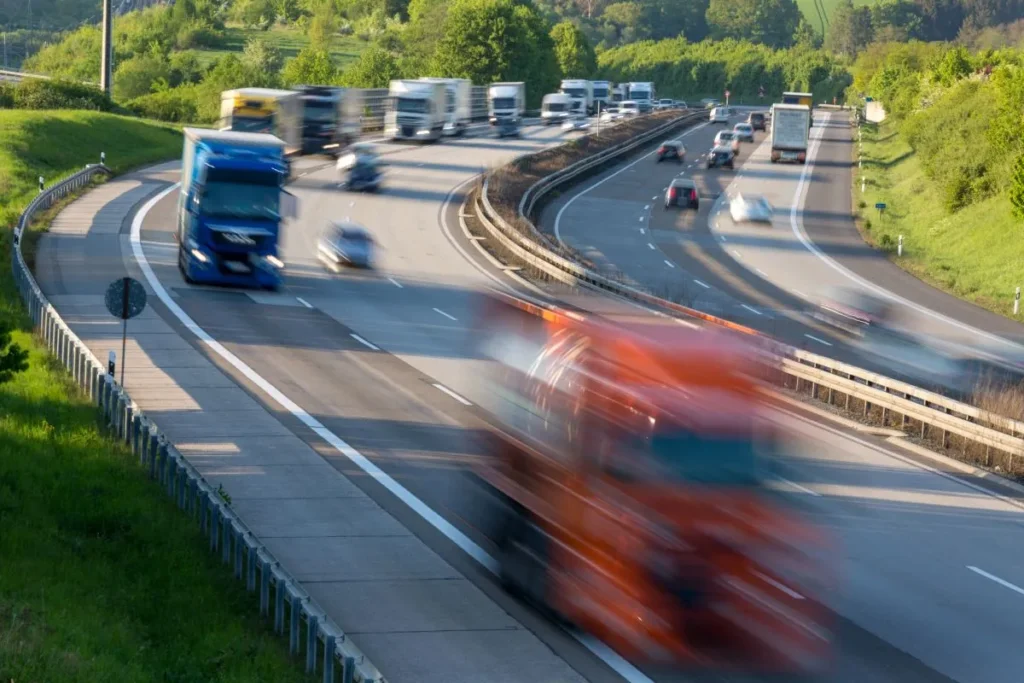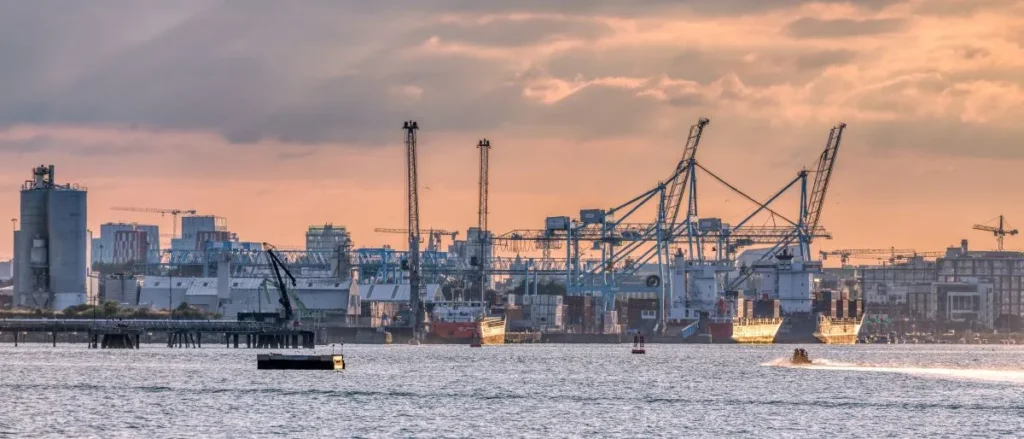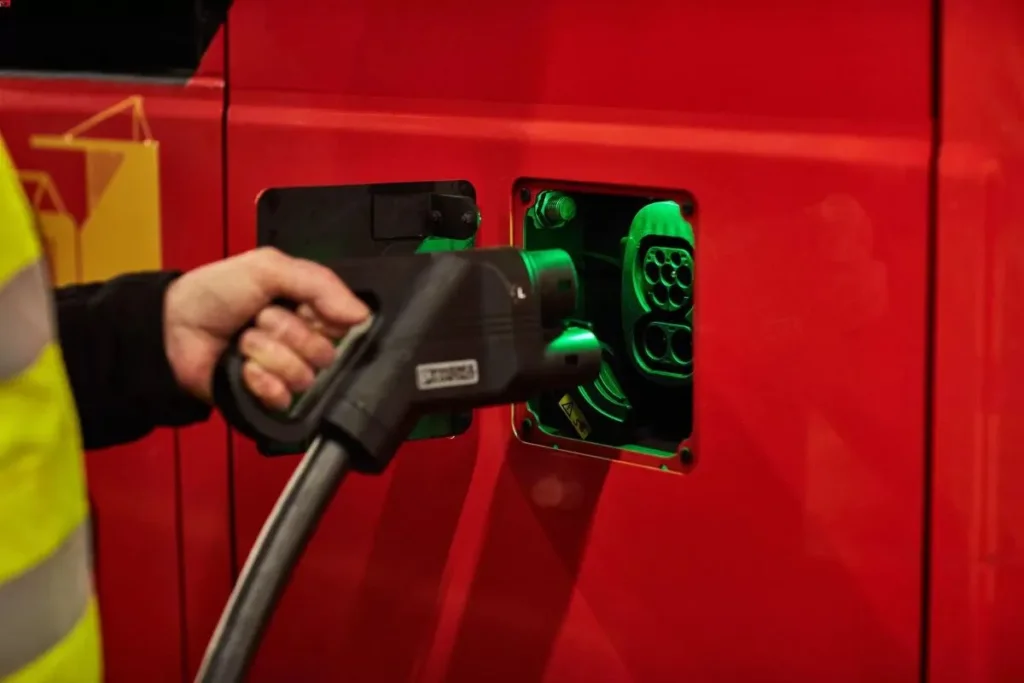The Decarbonising UK Freight Transport report, titled “Accelerating Investment for Decarbonising UK Freight Transport,” has outlined several strategies for overcoming the challenges associated with decarbonizing road, rail, and maritime freight transport.
According to the report, these sectors account for approximately 7% of the country’s CO2 emissions, and this figure continues to rise due to increasing e-commerce demands and cost-effective transportation options.
The report’s key findings emphasise transition pathways and investment gaps in each freight sector, along with strategies for closing these gaps. Electrification emerges as a common and low-risk investment opportunity for both public and private investors, as it is essential across all modes of freight transportation.
Additionally, the report highlights the potential significance of Renewable Fuels of Non-Biological Origin, such as hydrogen-derived fuels like methanol and ammonia, in specific niches for road and rail freight.
However, these fuels are expected to play a more substantial role in decarbonising domestic and international maritime freight.
“There remains a clear need for identifying and articulating the least-cost configuration and strategy for UK freight decarbonisation,” said Professor Phil Greening, Joint Principal Investigator of DUKFT. “New Modeling approaches are required to address the challenges of simultaneous wholesale changes across all the transport modes.
The report underscores the need for a comprehensive analysis of the entire UK freight system, which encompasses infrastructure, vehicle and vessel fleets, operational specifics, and technological details. Professor Phil Greening, Joint Principal Investigator of the Decarbonising UK Freight Transport (DUKFT) project, stressed the necessity for sophisticated modeling approaches to address the complex challenges associated with simultaneous changes in various transport modes. These models offer a low-risk, cost-effective means of reducing uncertainty and accelerating investment.
Co-creation processes were highlighted as effective tools for involving various stakeholders, including industry, academia, NGOs, and government representatives, in shaping a shared vision for the future of UK freight decarbonisation. Dr. Tristan Smith, Principal Investigator of DUKFT, emphasised that stakeholder collaboration was essential for identifying common goals and generating ideas for public and private actions geared towards unlocking investment in decarbonisation.
“The research has shown that when effort was invested to bring stakeholders from different parts of freight value chains together, there was benefit to identify a shared vision and co-create ideas for both public and private actions aligned with unlocking investment in decarbonisation,” said Dr Tristan Smith, Principal Investigator of DUKFT.
Furthermore, the report points out the pivotal role that UK ports can play in the decarbonisation of the country’s freight sector. Ports serve as crucial interfaces between different modes of transportation and offer opportunities for infrastructure and decarbonisation synergy. The report suggests that these ports can also become hubs for broader electrification efforts and the adoption of Renewable Fuels of Non-Biological Origin.
“Ports are both interfaces between the modes (road, rail and shipping), but also represent locations where infrastructure and decarbonisation solution synergies are most likely exploited,” said Dr Nishatabbas Rehmatulla, Co-investigator and project manager of DUKFT.
The report underscores the critical role of policymakers in setting ambitious targets and implementing effective policies to support electrification and green technologies in the transportation sector. Stakeholders, particularly financiers, were encouraged to use tools such as the Science Based Target Initiative (SBTi) to ensure investments align with the goal of moving away from fossil fuels and achieving a 1.5-degree-aligned trajectory.
Photo © Copyright David Dixon and licensed for reuse under this Creative Commons Licence



